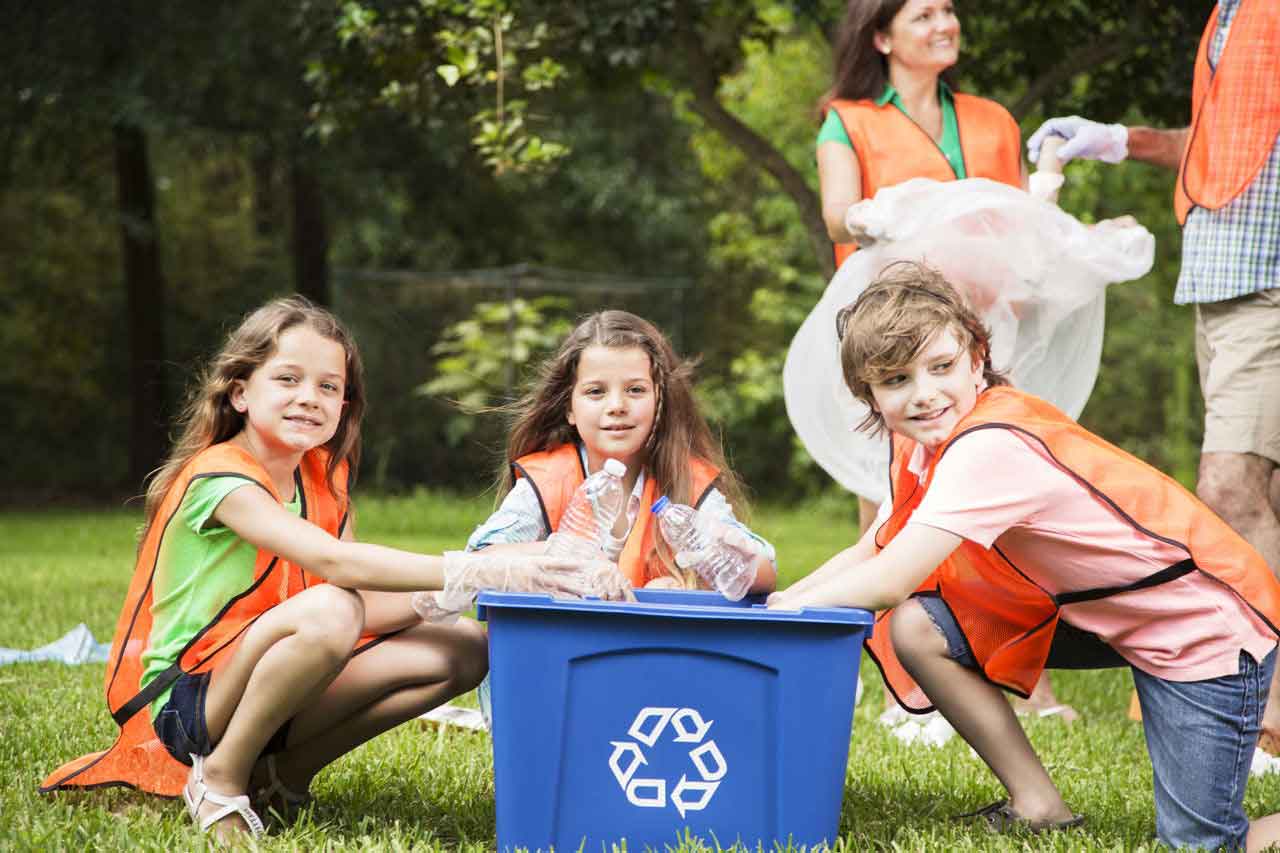Hello, Rick here with another talk about waste sorting. I know, talking about waste and recycling is about as exciting as taking out the trash on a hot summer day. But listen up, because this is really important.
In 2023, we are facing a global climate change of significant proportions. Oceans are getting warmer, and scientists have no idea why. Additionally, landfills all around the world are piling up faster than moldy leftovers in a student house fridge. It’s time for all of us to take responsibility for reducing waste and recycling properly, so that we need fewer resources. But how, you ask in bewilderment, surrounded by stacks of plastic containers, junk mail, and other remnants of modern life? Well, that’s where recycling comes into play…
Recycling 101
Before we delve into why recycling is so crucial, let’s first go over the basics of what recycling is and how it works.
What is Recycling?
Simply put, recycling is the process of converting waste material into usable items. Instead of throwing something in the trash to be incinerated, we can give it new life by recycling it!
This transformation takes place in specialized recycling facilities where discarded items are sorted, cleaned, processed, and transformed into new products.
What Can Be Recycled?
Many everyday items and materials can be recycled, including:
Plastic – bottles, containers, bags, packaging
Glass – jars, bottles, containers
Paper – mail, magazines, cardboard, packages
Organic waste – food scraps, garden waste
Metals – aluminum cans, steel cans, scrap metal
Electronics – computers, phones, TVs, appliances
How Does Recycling Work?
Recycling relies on an extensive system of collection, sorting, processing, and production:
Collection – Consumers place recyclable materials in containers or waste collection stations.
Sorting – Materials are transported to facilities where they are sorted by material type (plastic, paper, metal, etc.).
Processing – Sorted materials are processed and cleaned using various techniques, depending on the material.
Production – Processed materials are transformed into new products, completing the recycling cycle!
This cycle repeats over and over, transforming waste into usable items again and again. Pretty cool, right?
Now that we know what recycling is and how it works, it’s also incredibly important to understand why it matters so much.
Why We Need to Recycle
Recycling offers significant environmental, economic, and social benefits that are essential for the future of our planet. Here are the key reasons why recycling is good:
1. Reduces Waste in Incineration
Recycling prevents billions of tons of waste from being incinerated.
As recycling rates increase, the amount of waste being incinerated decreases. This reduces the need to build new incineration plants and conserves resources.
2. Preserves Natural Resources
Producing products from recycled materials reduces the need for new resources from the Earth.
For instance, recycling paper reduces the deforestation required to make new paper from trees. Other materials like aluminum and glass can be infinitely recycled without losing quality.
3. Lowers Energy Consumption
It takes significantly less energy to make products from recycled materials compared to new ones.
Creating aluminum cans from recycled aluminum consumes 95% less energy than creating new aluminum. All that saved energy reduces pollution, carbon emissions, and fossil fuel dependence.
4. Creates Green Jobs
Recycling generates millions of jobs in various sectors, such as collection, processing, and production. It also generates tax revenue and economic activity.
5. Reduces Pollution
Recycling reduces air and water pollution caused by waste incineration and improper landfills. It also reduces pollution from producing new materials.
6. Saves Money
Proper recycling lowers waste management costs for communities. Selling recycled materials to manufacturers generates income, while residual waste costs money. That’s why there are more initiatives to make residual waste less appealing.
Consumers also save money when buying products made from recycled materials.
In short, it pays off to sort waste properly, but only if everyone does it. Otherwise, there’s a risk of rejection, causing the whole neighborhood’s recycling efforts to go to waste. Rejected waste ends up back in the incinerator.
7. Prevents Climate Change
Recycling reduces greenhouse gas emissions contributing to climate change. This is why properly sorting waste is of utmost importance.
How You Can Help
Convinced? I hope so! Let’s now discuss how you can be an everyday recycling hero:
Learn which materials are accepted for recycling in your area and follow the rules. Download the EcoScan app for this purpose and get to know waste sorting easily.
Additionally, here are some general tips:
- Break down cardboard boxes and other items to save space.
- Purchase products made from recycled materials when possible.
- Limit consumption and waste at home and work. Reuse what you can! Learn more about replacing disposable items.
And of course, as I mentioned earlier, it’s important for everyone to do it right to prevent rejection. So, inform and encourage friends and family to recycle waste properly.
Download the EcoScan app now to stay motivated in reducing your waste!
Every material we recycle has a tangible impact. Together, our small actions make a world of difference.
Let’s keep our planet beautiful for future generations. And definitely let me know if you want to discuss other topics in the future.
Regards, Rick

